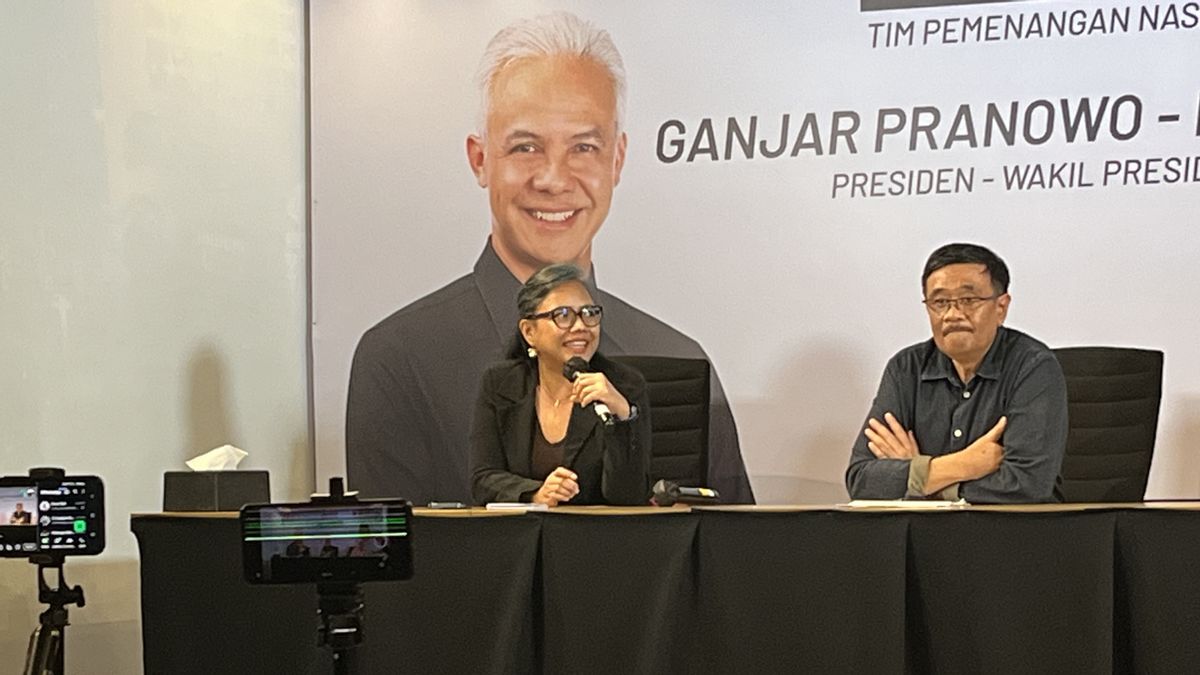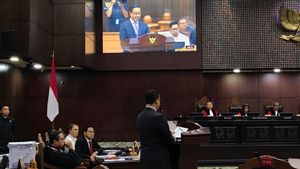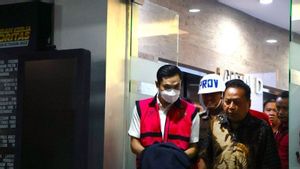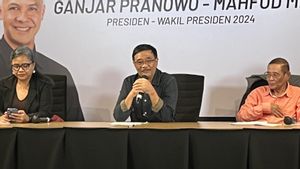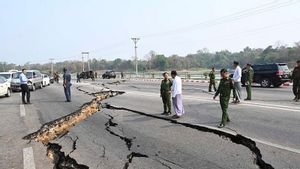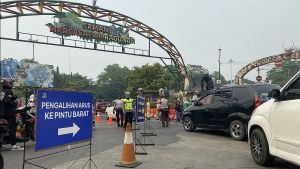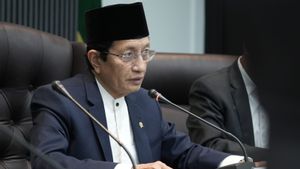JAKARTA - Chairman of the PDI-P (PDIP) DPP Djarot Saiful Hidayat said 14 days was not enough to handle the 2024 Presidential Election dispute (Pilpres).
PDIP questioned how a short time can fulfill justice, especially since there are many structured, systematic and massive frauds (TSM) that must be proven.
"How can we get substantive justice if in terms of time it is caged for 14 days. How can we prove the alleged fraud by TSM within 14 days," said Djarot in a discussion entitled Law of the Constitutional Court Decision on the 2024 Presidential Election Dispute at the Media Center TPN Ganjar-Mahfud, Menteng, Central Jakarta, Monday, April 1.
"How can we explore very deep problems about, for example, politicization of social assistance, the deployment of apparatus, intimidation, and so on," he continued.
Similarly, Bivitri Susanti, who is a constitutional law expert, assessed that 14 days to hear the election dispute lawsuit seemed to confine many parties so that the truth regarding the fraud of the 2024 presidential election would not be revealed. Thus, he is skeptical that the trial will run to reveal the actual condition.
"In my opinion, if the Constitutional Court is still constrained by the procedural law, which actually limits the search for substantive justice, then the answer is no," he said at the same location.
Bivitri then highlighted the expert witnesses and fact witnesses who were limited to 19 people with 15 minutes. He said, the time given was certainly not enough.
"My experience as an expert, but in other cases, yes, the PUU for the testing of laws at the Constitutional Court, I know exactly when digging into these problems must be long, it can't be 15-20 minutes," he said.
SEE ALSO:
For Bivitri, the 14-day rule should have been ruled out by the Constitutional Court. Because, this was done in 2003.
"In my opinion, it's possible because the Constitutional Court in 2003 was the one who put it aside, so the term was to put aside friends first, then later in the second case it was canceled, ruling out Article 50 of the 2003 Constitutional Court Law. So, when the Constitutional Court was first established," explained Bivitri.
"Because of what? The first Constitutional Court Law limited the Constitutional Court to Article 50, the Constitutional Court was only allowed to test the laws made after the constitutional amendments. Well, he put his own aside so that he could test other laws. Imagine if the article was not ruled out and then canceled, the Criminal Code could not be tested, the marriage law could not be tested in 74, no other law could be tested before 2002 by the Constitutional Court," concluded Bivitri.
The English, Chinese, Japanese, Arabic, and French versions are automatically generated by the AI. So there may still be inaccuracies in translating, please always see Indonesian as our main language. (system supported by DigitalSiber.id)
